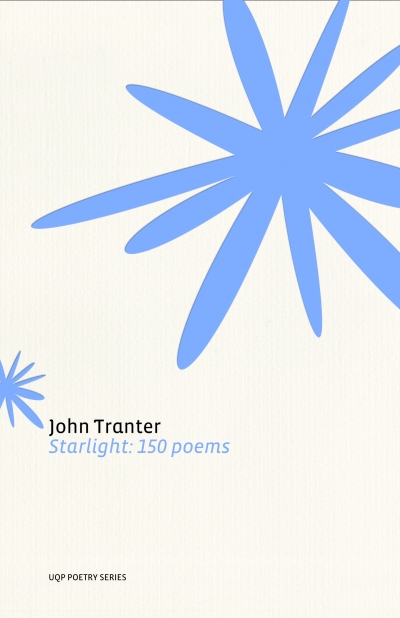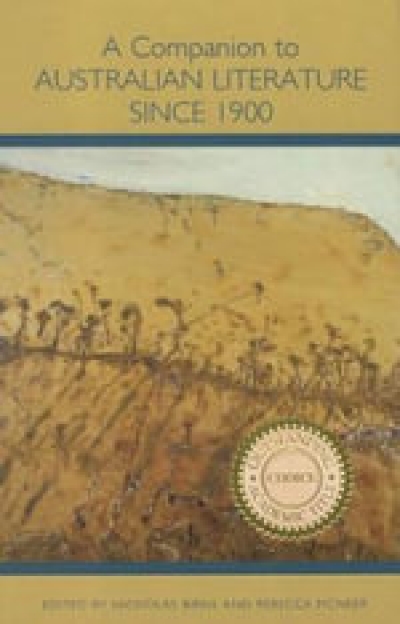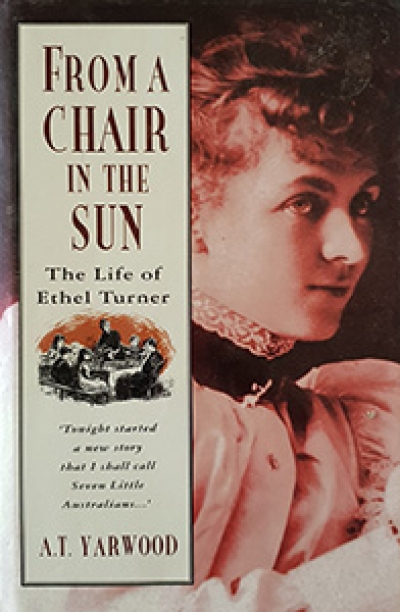Australian Literary Studies
Oz Lit at Melbourne University
Dear Editor,
The English program at the University of Melbourne has offered courses on Australian literature every year since 1982, when it was first introduced as a full seminar subject. Stephanie Guest’s article in last month’s issue of ABR, ‘Oz Lit in the Moot Court Room: Finding Australian Literature at the ...
'Hautes Fenêtres: Thoughts on the place of translation in recent Australian poetry' by Simon West
In a 1995 interview for the Paris Review, Ted Hughes was asked if the 1960s boom in translated poetry, particularly with series such as the Penguin Modern European Poets, had influenced poetry written in England. ‘Has it modified the British tradition!’ he replied. ‘Everything is now completely open, every approach, with infinite possibilities. Obviou ...
A Cool and Shaded Heart by Noel Rowe & Ethical Investigations by Noel Rowe
Starlight: 150 Poems by John Tranter & The Salt Companion to John Tranter edited by edited by Rod Mengham
Australian Literary Studies, Vol. 24, No. 2 edited by Leigh Dale
A Companion to Australian Literature Since 1900 edited by Nicholas Birns and Rebecca McNeer
Antipodes, vol. 21, no. 1, 2007 edited by Nicholas Birns & Southerly, vol. 67, no. 1-2, 2007 edited by David Brooks and Noel Rowe
State of mind: it’s a simple phrase but it is one which has always interested me. ‘State of mind’ is about what? Sets of feelings? Predispositions and moods? Or perhaps more it’s a term to do with the groove which thoughts regularly follow along. A state of mind is one which makes you respond in a particular way: you tend to act in a particular way; you have recurrent feelings.
The phrase interests me because it defines a feeling so intimate – so normal and everyday. Indeed, it is so intimate that it becomes difficult to say what a state of mind is. What are its boundaries? Where does it stop? Is this mind-set just mine or is it something to do with events out there, the latest news about the economy, the extravagant telephone bill which has just arrived, the relaxed feeling of walking along a beach, a recent argument, an enjoyable dinner party? For however influential and pervasive states of mind are, they are also fluctuating, amorphous things.
... (read more)Geoff Dutton was a man-of-letters who for many years made (with Max Harris) Adelaide seem one of the lively centres of Australian literary culture. One thinks of him in association with the magazines Angry Penguins, Australian Letters, and the original Australian Book Review, not to mention the inauguration of an Australian publication list for Penguin Books, and then, when that soured, the setting up of Sun Books, one of the most innovative of Australian publishing ventures at that time – which was in the difficult slough period of the 1950s and 1960s and into the 1970s.
... (read more)
